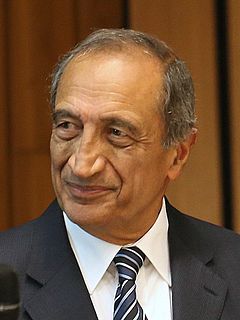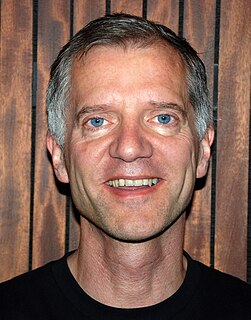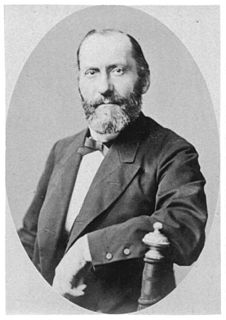This page is based on this
Wikipedia article Text is available under the
CC BY-SA 4.0 license; additional terms may apply.
Images, videos and audio are available under their respective licenses.
Schering-Plough Corporation was a United States-based pharmaceutical company. It was originally the US subsidiary of the German company Schering AG, which was founded in 1851 by Ernst Christian Friedrich Schering. As a result of nationalization it became an independent company. In 1971, the Schering Corporation merged with Plough to form Schering-Plough. On November 4, 2009 Merck & Co. merged with Schering-Plough with the new company taking the name of Merck & Co.

Schering AG was a research-centered German multinational pharmaceutical company headquartered in Wedding, Berlin, which operated as an independent company from 1851 to 2006. In 2006 it was bought by Bayer AG and merged to form the Bayer subsidiary Bayer Schering Pharma AG, which was renamed Bayer HealthCare Pharmaceuticals in 2011. Schering was listed on the Frankfurt Stock Exchange and had 26,000 employees as of 2004.

Sir Ravinder Nath Maini FMedSci is rheumatology professor at the Kennedy Institute, part of Imperial College London.

Matthias Mann is a scientist in the area of mass spectrometry and proteomics. Born in Germany he studied mathematics and physics at the University of Göttingen. He received his Ph.D. in 1988 at Yale University where he worked in the group of John Fenn, who was later awarded the Nobel Prize in Chemistry. After a postdoctoral fellowship at the University of Southern Denmark in Odense he became group leader at the European Molecular Biology Laboratory (EMBL) in Heidelberg. Later he went back to Odense as a professor of bioinformatics. Since 2005 he has been a director at the Max Planck Institute of Biochemistry in Munich. In addition, he will also become a principal investigator at the newly founded "Novo Nordisk Foundation Center for Protein Research" in Copenhagen.
Ernst Schering may refer to:
Bert W. O’Malley is the Tom Thompson Distinguished Service Professor of Molecular and Cellular Biology at Baylor College of Medicine. A native of Pittsburgh, he has a bachelor's degree from the University of Pittsburgh and a M.D. from their School of Medicine (1963). He completed his residency at Duke University and spent four years at the National Institute of Health followed by four years serving as the Luscious Birch Professor and the director of the Reproductive Biology Center at Vanderbilt University. He then moved to Baylor as Professor and Chairman of Molecular and Cellular Biology.
Franz-Ulrich Hartl is a German biochemist and Managing Director of the Max Planck Institute of Biochemistry. He is known for his pioneering work in the field of protein-mediated protein folding and is a recipient of the 2011 Lasker Award along with Arthur L. Horwich.

Johann Hermann Wolfgang Mulzer is a German organic chemist, best known for his work in total synthesis. Since 1996, he has been a professor of chemistry at the University of Vienna.
Arnold Schering was a German musicologist.
Events in the year 1889 in Germany.

Prince Christian of Hanover is a German noble, the younger son of Ernst August, Prince of Hanover, and his first wife, Chantal Hochuli. He is second in the line of succession to the former Hanoverian throne, after his elder brother, Prince Ernst August. As a descendant of Queen Victoria, through her daughter, Empress Frederick, Christian is also in the line of succession to the British throne.
Magdalena Götz is a German neuroscientist. She is noted for her study of glial cells and holds a chair at Ludwig Maximilian University of Munich's Department of Physiology.

The Ernst Schering Prize is awarded annually by the Ernst Schering Foundation for especially outstanding basic research in the fields of medicine, biology or chemistry anywhere in the world. Established in 1991 by the Ernst Schering Research Foundation, and named after the German apothecary and industrialist, Ernst Christian Friedrich Schering, who founded the Schering Corporation, the prize is now worth €50,000.
Georg Heinrich Hermann Henneberg was a German physician, who served as President of the Robert Koch Institute from 1952 to 1969 and as President of the Federal Health Agency from 1969 to 1974. He was previously director of the Department of Bacteriology at the pharmaceutical company Schering AG.
Ilme Schlichting is a German biophysicist.
The Ernst Schering Foundation is a charitable non-profit foundation with headquarters in Berlin, Germany. It was established by Schering AG in 2002. It is legally and financially independent and supports science and arts.






